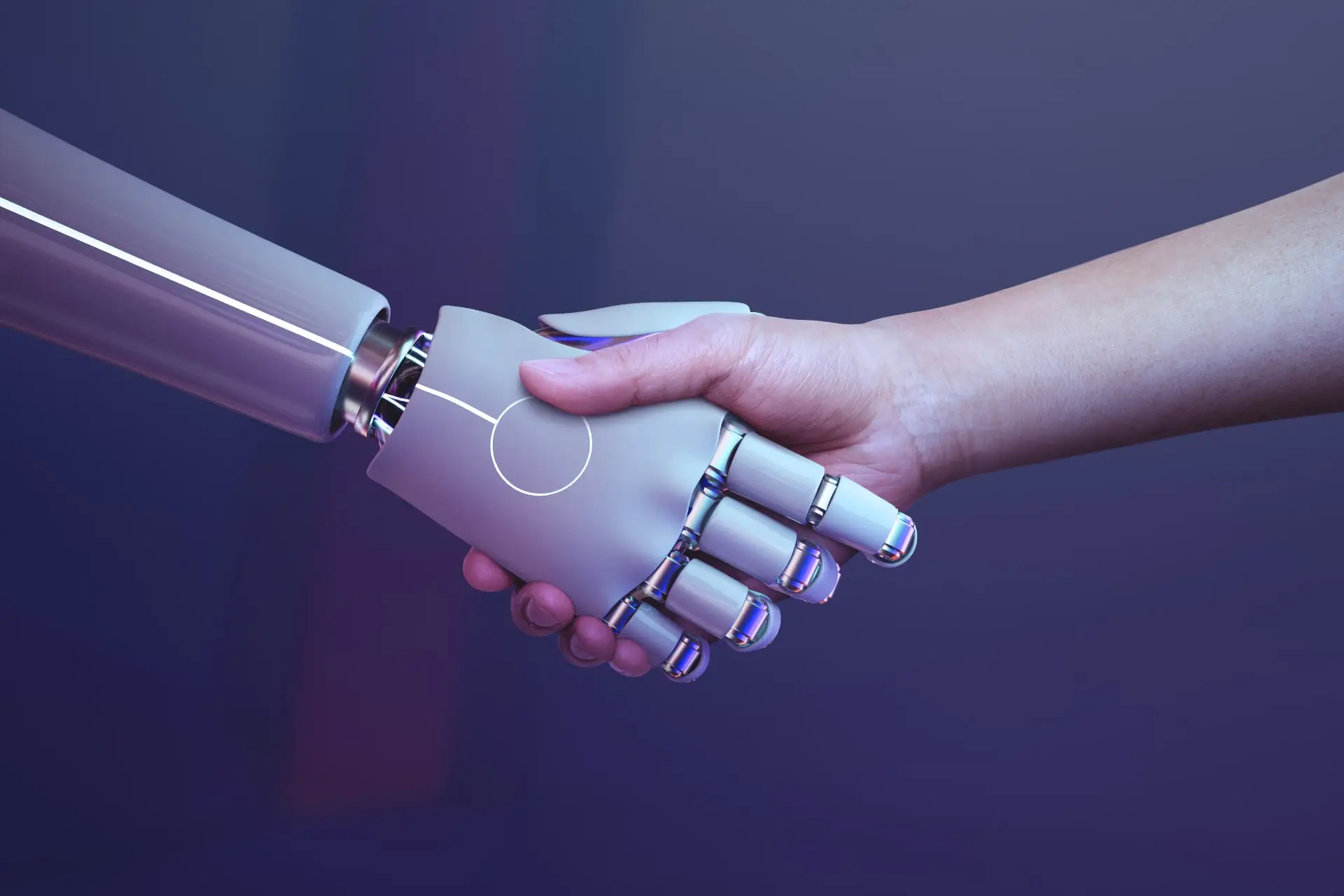In recent years, technology has revolutionized the vending industry, transforming it from a simple, cash-based system to a sophisticated, data-driven ecosystem. Modern vending solutions now leverage cutting-edge technologies to enhance user experience, optimize operations, and provide valuable insights for businesses. From cashless payments to smart inventory management, technology is reshaping how vending machines operate and interact with consumers.
One of the most significant advancements in modern vending solutions is the integration of cashless payment systems. Traditional vending machines relied solely on coins and bills, limiting convenience for users who increasingly prefer digital transactions. Today, vending machines are equipped with contactless payment options, such as credit/debit cards, mobile wallets, and QR codes. This shift not only improves user convenience but also increases sales by catering to a broader audience. Additionally, cashless systems reduce the risk of theft and the need for frequent cash collection, making operations more efficient for vending operators.
Another critical technological innovation is the use of Internet of Things (IoT) connectivity. IoT-enabled vending machines can communicate in real-time with central management systems, providing operators with valuable data on inventory levels, machine performance, and consumer behavior. For instance, if a product is running low or a machine encounters a technical issue, the system can automatically alert the operator, enabling timely restocking and maintenance. This real-time monitoring minimizes downtime, ensures product availability, and enhances customer satisfaction.
Artificial intelligence (AI) and machine learning are also playing a pivotal role in modern vending solutions. By analyzing purchasing patterns and consumer preferences, AI-powered vending machines can offer personalized product recommendations. For example, a machine might suggest a healthy snack option based on a user’s previous purchases or the time of day. This level of personalization not only improves the customer experience but also drives sales by promoting relevant products.
Moreover, modern vending machines are increasingly incorporating interactive touchscreens and digital displays. These features create an engaging user experience, allowing customers to browse product information, view nutritional details, and even watch promotional videos. Interactive displays also enable dynamic pricing and promotions, such as discounts during off-peak hours or bundled offers, further enhancing the appeal of vending machines.
Sustainability is another area where technology is making a significant impact. Smart vending machines are designed to reduce energy consumption through features like LED lighting, energy-efficient cooling systems, and motion sensors that activate the machine only when a customer approaches. Additionally, some machines are equipped with recycling mechanisms to encourage users to return bottles or cans, contributing to environmental conservation.
Finally, data analytics is transforming how vending businesses operate. By collecting and analyzing data on sales trends, machine performance, and customer demographics, operators can make informed decisions about product selection, pricing, and machine placement. This data-driven approach not only maximizes profitability but also ensures that vending machines meet the evolving needs of consumers.
Technology has become the backbone of modern vending solutions, driving innovation and efficiency across the industry. From cashless payments and IoT connectivity to AI-driven personalization and sustainability initiatives, these advancements are redefining the vending experience for both consumers and operators. As technology continues to evolve, the vending industry is poised to become even more dynamic, responsive, and customer-centric.
